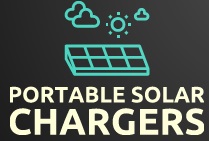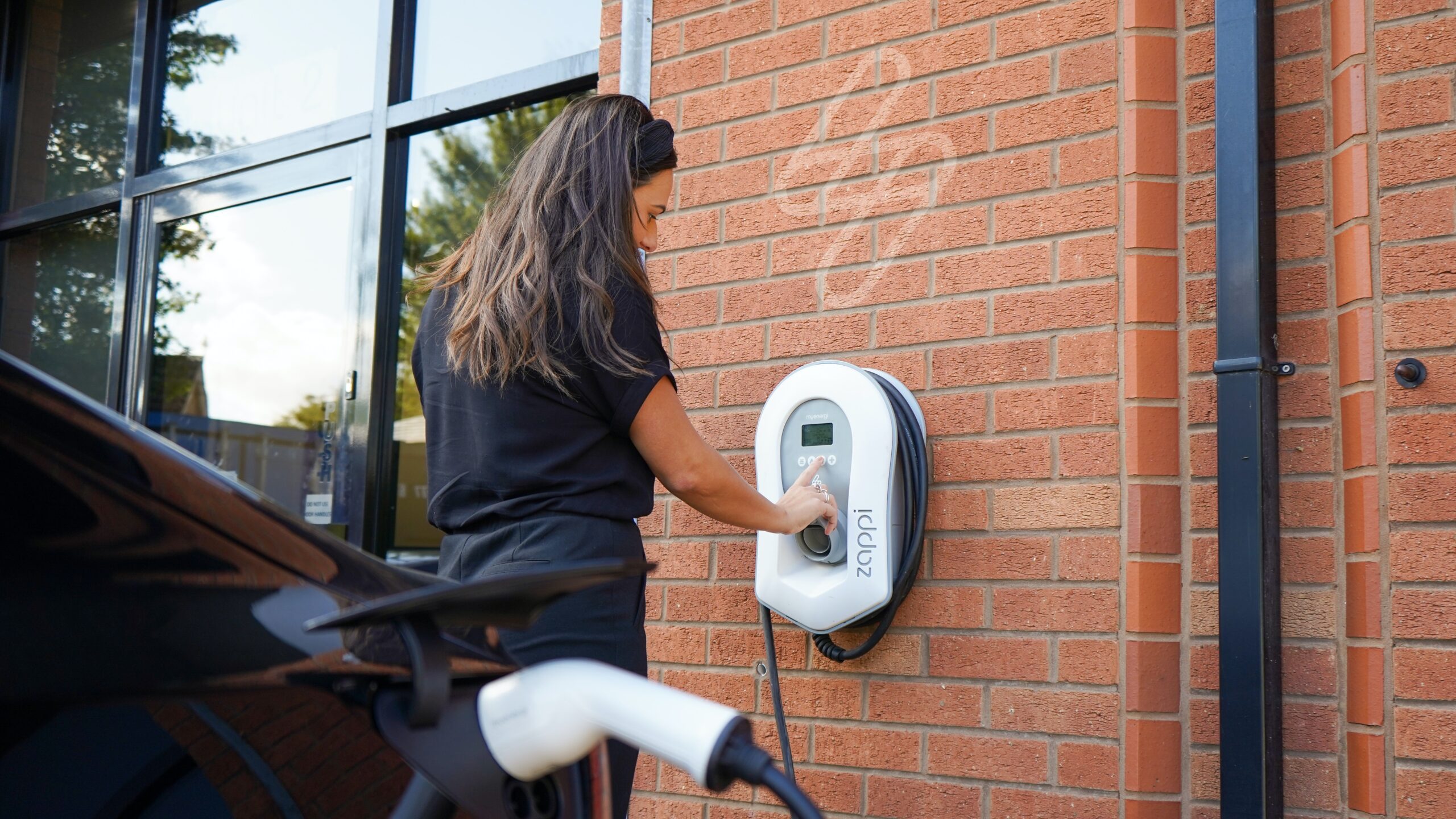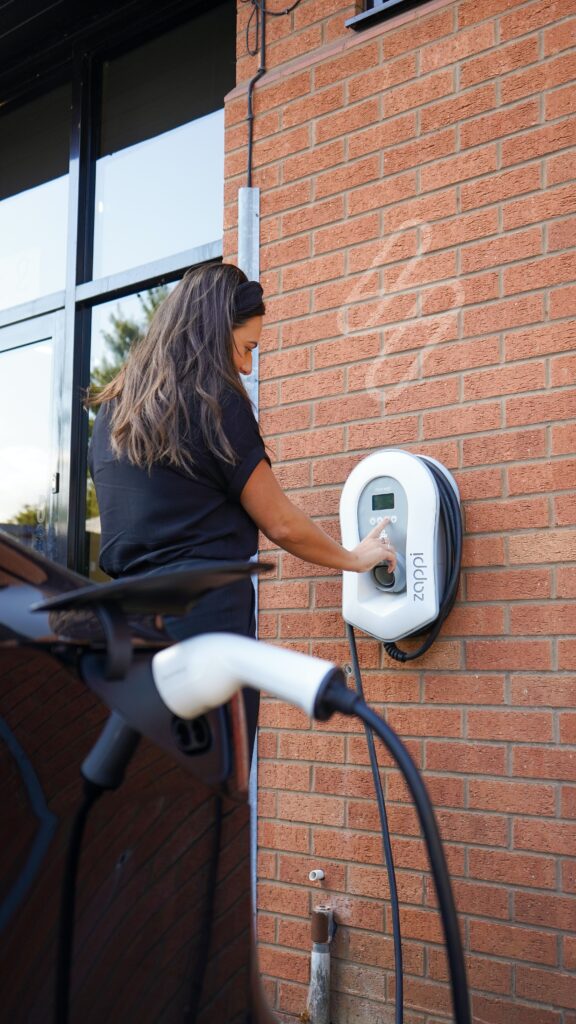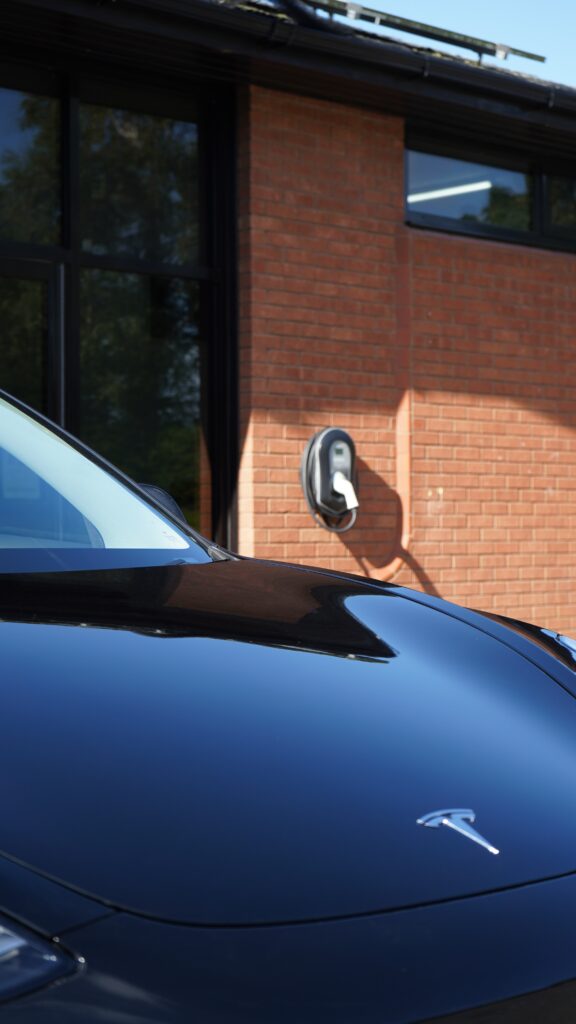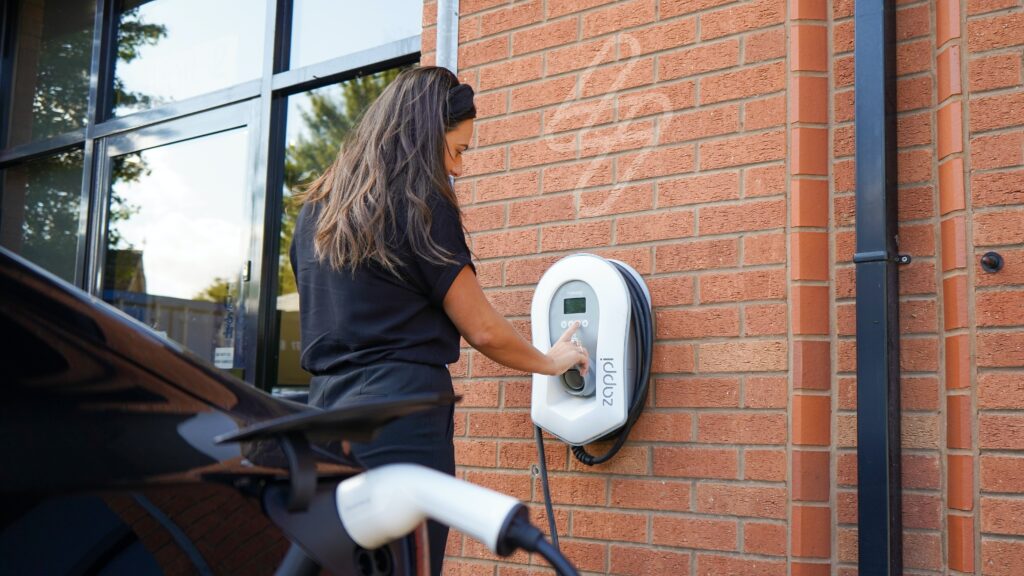Are you looking to harness the power of the sun to charge your devices on the go? It’s an eco-friendly and convenient solution, but finding the right size solar charger can be a bit confusing. With so many options available, it’s important to determine the appropriate size that can meet your charging needs. In this article, we will guide you through the process of figuring out what size solar charger is ideal for your devices, ensuring you never run out of power again while enjoying the great outdoors.
Considerations for Choosing a Solar Charger
Choosing a solar charger for your devices is a smart and eco-friendly decision. With the increasing popularity of renewable energy sources, solar chargers have become a convenient way to harness sunlight and keep your devices powered up on the go. However, with the wide variety of options available in the market, it’s important to consider several factors before making a purchase. This article will guide you through the key considerations to keep in mind when choosing a solar charger, ensuring that you make a well-informed decision that suits your needs perfectly.
Types of Devices
The first consideration when choosing a solar charger is to determine which devices you intend to charge. Solar chargers come in various sizes and power outputs, making it essential to select one that can cater to your specific devices. Common devices include smartphones, tablets, laptops, digital cameras, and GPS systems. Each device will have different power requirements, so it’s crucial to choose a solar charger that can provide the necessary power to keep your devices up and running.
Power Requirements
To ensure that your solar charger is compatible with your devices, it’s important to collect data on their power requirements. You can typically find this information in the device specifications or by checking the wattage rating. Determining the wattage will give you an idea of the amount of power needed to charge your devices efficiently. By considering the power requirements, you can choose a solar charger that matches or exceeds the power output required by your devices.
Charging Time
Charging time is an important consideration as it determines how quickly your devices will be fully charged. The charging time of a solar charger depends on various factors, including the efficiency of the solar panel, battery capacity, and weather conditions. A more efficient solar panel can convert sunlight into usable energy faster, thereby reducing the charging time. Similarly, a higher battery capacity and faster charging speed will also result in shorter charging times. Be mindful of the weather conditions as well, as cloudy or rainy days may affect the charging speed.
Portability
Portability is crucial if you plan on using your solar charger while on the move. Consider the weight and size of the solar charger, as this will determine how easily you can carry it around. If space is a concern, a foldable solar charger may be a better option as it can be easily stored in a backpack or bag when not in use. Additionally, evaluating the ease of transport, such as the presence of a carrying handle or attachment options, can make it more convenient to take your solar charger with you wherever you go.
Weather Conditions
The weather conditions in your area can significantly impact the performance of your solar charger. Sunny days are ideal for maximum solar energy absorption, ensuring faster charging times. However, it’s important to consider the performance of the solar charger on cloudy days as well. Some solar chargers are designed to work efficiently even in low-light conditions, while others may struggle to generate sufficient power. Additionally, consider the temperature range and whether the solar charger is waterproof or snow-resistant, depending on the climate you’ll be using it in.
Budget
Determining your budget is an essential step when choosing a solar charger. Solar chargers come in a range of prices, so it’s important to find one that fits within your budget while still meeting your requirements. Consider the cost of the solar charger and compare it to the value it offers. Assess whether the features and capabilities of the charger justify the price. Additionally, take into account any additional costs involved, such as cables or adapters that may need to be purchased separately.
Solar Panel Efficiency
The efficiency of the solar panel is a critical factor to consider. Solar chargers typically use either monocrystalline or polycrystalline solar panels. Monocrystalline panels are known for their higher efficiency and better performance in low-light conditions. On the other hand, polycrystalline panels are more affordable but may have a slightly lower efficiency level. Additionally, consider the solar panel’s conversion rate, the angle and orientation at which it captures sunlight, and its tolerance to shade for optimal performance.
Battery Capacity
The battery capacity of the solar charger determines how much power it can store and deliver to your devices. It’s important to consider the battery capacity, usually measured in milliampere-hours (mAh) or watt-hours (Wh). A higher capacity battery will be able to charge your devices multiple times without requiring a recharge. Consider the battery sizes of your devices and whether you need a solar charger that can charge multiple devices simultaneously. Some solar chargers also offer the convenience of a backup battery, allowing you to store energy for later use.
Power Output
The power output of a solar charger determines how quickly it can charge your devices. Most solar chargers provide a specified power output, typically measured in watts or amperes. Higher power outputs will allow for faster charging times, especially for devices with larger batteries. However, keep in mind that the power output should align with the power requirements of your devices. Choosing a solar charger with excessive power output may not necessarily lead to faster charging, as the device will only draw the power it requires.
Additional Features
Lastly, consider any additional features that may enhance the functionality and convenience of your solar charger. Some solar chargers come with built-in cables, eliminating the need to carry extra charging cables. Others may feature a built-in flashlight, which can be useful in outdoor or emergency situations. Additionally, evaluate whether the solar charger is waterproof or dustproof, ensuring it can withstand various environmental conditions. Wireless charging capabilities and the presence of an LCD screen for monitoring battery levels and charging status are also noteworthy features to consider.
In conclusion, choosing the right solar charger involves considering various factors such as the types of devices you intend to charge, power requirements, charging time, portability, weather conditions, budget, solar panel efficiency, battery capacity, power output, and additional features. By carefully evaluating each of these considerations, you can make an informed decision and select a solar charger that perfectly aligns with your needs and preferences. Enjoy the benefits of harnessing solar energy to power your devices, all while minimizing your environmental impact.
